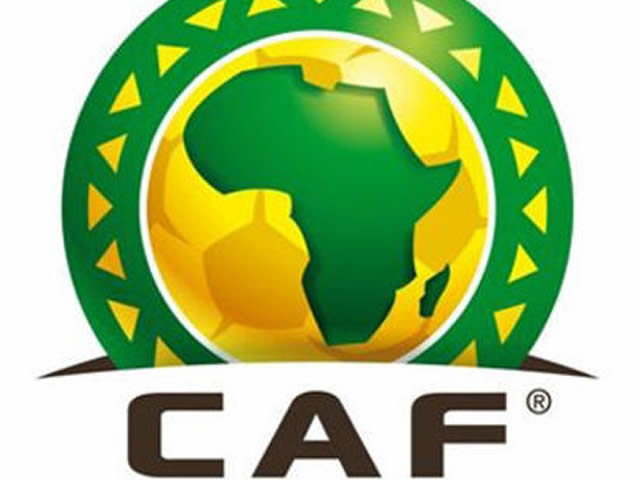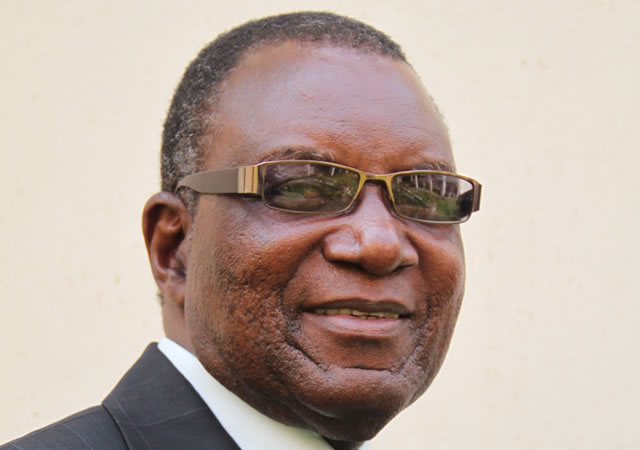Quality assured with Afcon changes

Dingilizwe Ntuli, Sports Editor
WE welcome continental football governing body Caf’s proposal to change the timing of its flagship tournament, the African Cup of Nations (Afcon) from January to June as well as increasing the number of participating teams at the finals from 16 to 24.
The January Afcon kick-off always brought about the ugly club and country confrontation, since most top African players feature in European leagues, which would be at crucial stages during Afcon.
As a result, a host of top African players shunned the Afcon resulting in it being reduced to a less competitive tournament.
Switching the Afcon to June will help African countries go to the tournament with their top players, guaranteeing more quality, as the European leagues would be in recess.
Increasing the number of teams will also enhance inclusivity, but that is as far as we agree with Caf.
We are concerned by the proposal to invite three or four non-African countries to the Afcon and to stage future tournaments outside the continent, with countries such as China, Qatar and the United States being named under the guise of increasing the competition revenue and attracting new partners.
This proposal to invite non-African countries must be rejected, as it will dilute and bastardise the very essence of Afcon.
Afcon should remain a competition solely for African countries and if Caf wants teams from outside the continent to take part, then it ought to change the name of the tournament or launch a new one.
We should learn from the Paris-Dakar Rally, now known just as the Dakar Rally, which was one of the most prominent events on the African sports calendar and ranked among the toughest races in the world.
The annual rally race covered a stretch of more than 9 000KM, flagging off in Paris, France, with the podium in Dakar, Senegal, after negotiating the treacherous Sahara Desert.
Since its inception in 1978, the two-week rally for cars, trucks and motorcycles marked Africa’s new sporting year. Although a few African rally drivers took part in the gruelling event, the race had no shortage of spectators in habitats the course cuts through.
Things, however, completely changed in 2009 when event organisers decided to move the famous rally to South America, citing security concerns along the route of the race.
The 2009 Dakar Rally was staged in Argentina and Chile, with organisers then saying this was a temporary move to ensure the safety of participants. In other words, the race was going to return to its original course, but eight years later, there are still no indications of when the rally will return to its original Paris-Dakar route.
It became clear over the years that the race will remain permanently in South America since it has established itself as an annual draw card in that part of the world.
What remains of, and associates the motor sport race that was once the pride of Africa with the continent is the name ‘Dakar Rally’.
Organisers probably don’t want to drop the name despite its present route being thousands of kilometres away from Dakar just as a marketing gimmick.
The Dakar Rally in its present format has nothing to do with Africa and a name change to reflect the new reality should be sought. There are many South American geographical names through which the race route passes to choose from, and organisers must do the right thing and give it an appropriate name.
Finding ingredients that make up the spirit of Dakar in South America and the spirit of Dakar are totally different things.
If money and attracting new partners are the only driving force behind Caf’s proposals to change the Afcon format, then we might as well bid farewell to the Afcon just like the Dakar Rally.
Non-African countries with money seeking influence in world football will simply use their cheque book and their infrastructure to lure a desperate Caf to award them the Afcon hosting rights.
Although Caf officials are presenting these proposals as radical, the truth is that adopting such insanity would be a straight vote of no confidence in African football. For how else can one explain the invitation of non-African countries to compete in the Afcon and to stage the tournament outside the continent?
What exactly doesn’t Caf understand by African Cup of Nations? What happens if guest countries win and dominate the Afcon?
What have football fans based in Africa done to be punished by Caf to the extent of staging the continent’s premier tournament in another continent with non-African countries?
Afcon is a geographical tournament and it ceases to be an African competition if there is tinkering to accommodate non-African countries or staged in China, Qatar or the United States.
Thinking globally doesn’t mean doing anything for money or giving up one’s identity as Caf’s proposals seem to suggest.










Comments